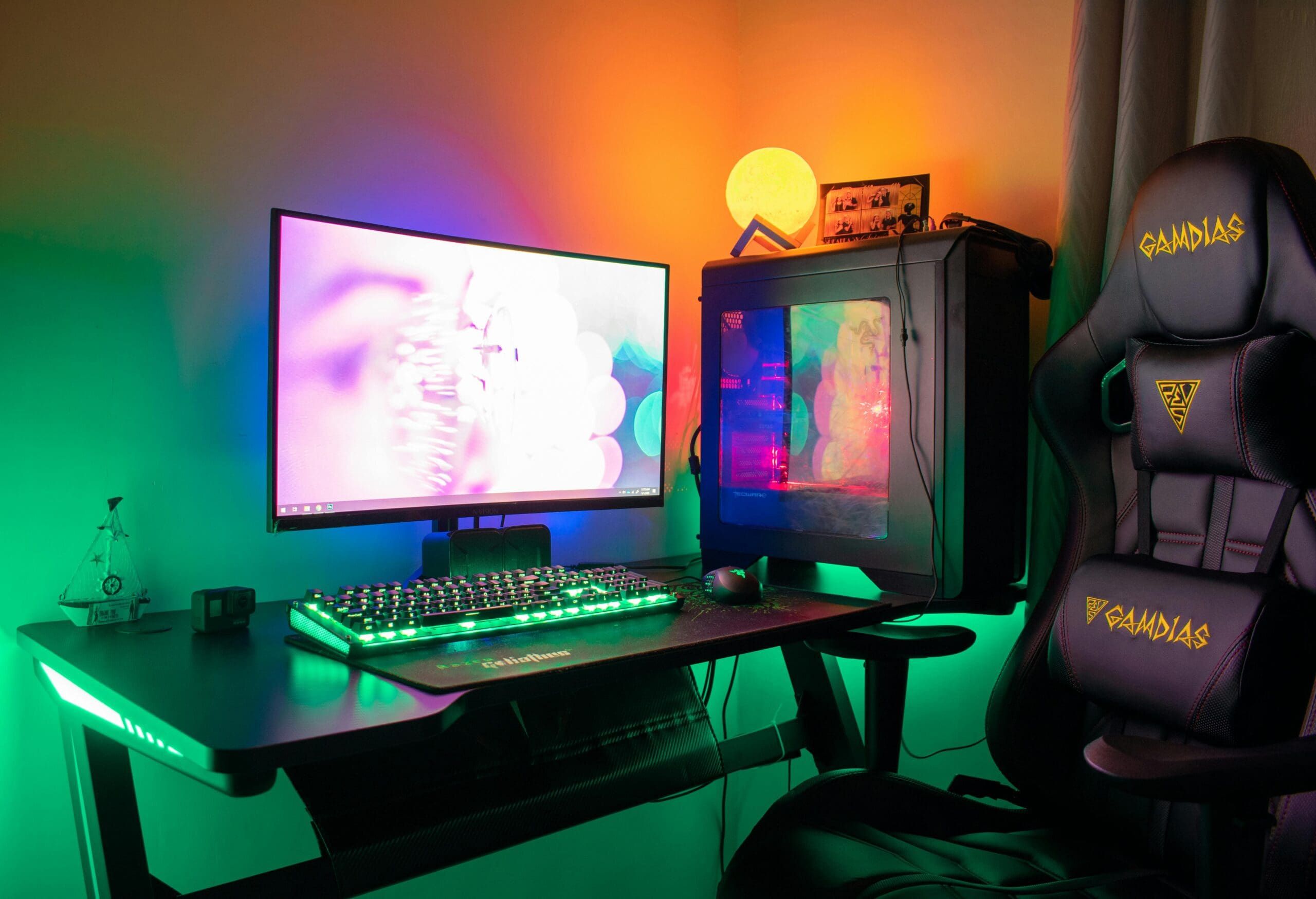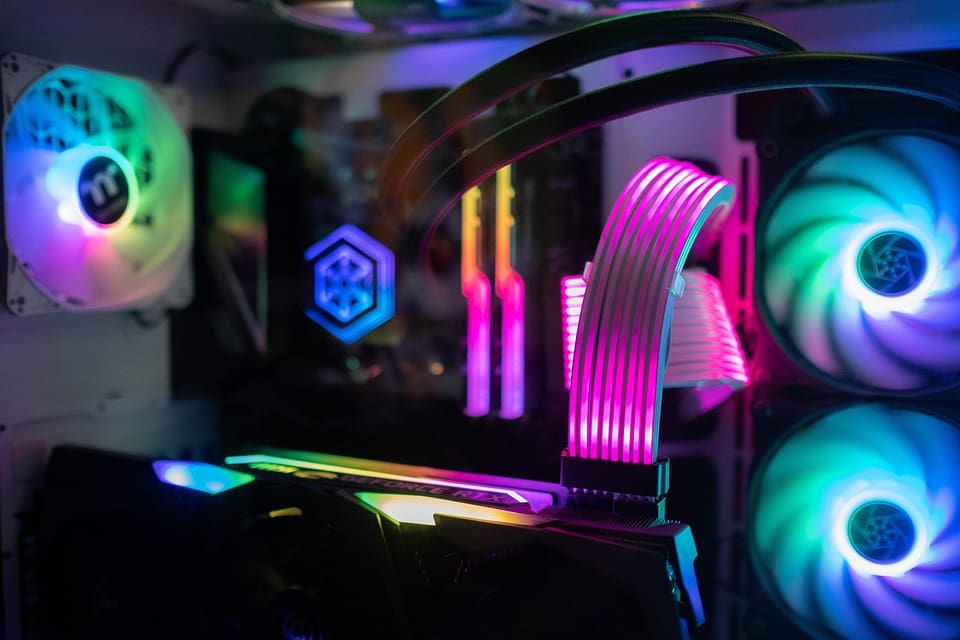Introduction
Gaming PCs require proper setup, optimization, and maintenance to perform at their best. In this guide, we’ll cover essential tips and tricks to help users maximize their gaming experience.
Why This Topic Matters
Understanding Boost Your PC’s Speed and Performance: An Expert Guide to Overclocking is crucial for PC gamers and builders. Poor setup or lack of knowledge can lead to performance issues, overheating, or hardware failures. Here’s why this topic is important:
- Performance Impact: How this affects FPS, load times, and system efficiency.
- Common Issues: What most gamers struggle with when dealing with this component or setup.
- Long-Term Benefits: How optimizing or maintaining this aspect improves PC longevity.
Step-by-Step Guide / Essential Tips
1. First Key Tip: Understanding Overclocking
Overclocking is the process of increasing the clock rate of a component, such as a CPU or GPU, to run at a higher speed than originally intended by the manufacturer. This can result in improved performance and faster processing speeds for gaming and other demanding tasks. However, it’s important to note that overclocking can void warranties and potentially damage hardware if done incorrectly.
2. Second Key Tip: Checking Compatibility
Before attempting to overclock your PC, it’s crucial to ensure that your hardware components are compatible with overclocking. Not all CPUs, GPUs, motherboards, and RAM modules are designed to be overclocked, so be sure to check the specifications of each component before proceeding.
3. Third Key Tip: Using Proper Cooling
Overclocking generates more heat than running components at their stock speeds, so adequate cooling is essential to prevent overheating and potential damage to your hardware. Invest in a high-quality CPU cooler, GPU cooler, case fans, and thermal paste to keep temperatures in check during overclocking.
Common Mistakes to Avoid
- Not following best practices: Some users may attempt to overclock their hardware without properly researching or understanding the process, leading to instability, crashes, or hardware damage.
- Overlooking compatibility: Failing to check compatibility between components can result in system incompatibility, performance issues, or even hardware failure.
- Skipping regular maintenance: Neglecting to clean dust from cooling components, update drivers, or monitor temperatures can lead to poor performance and potential hardware damage over time.
Advanced Optimization Tips
For experienced users looking to maximize their PC’s performance through overclocking, here are some advanced tips:
- Experiment with voltage settings to achieve higher clock speeds without increasing temperatures too much.
- Adjust memory timings and frequencies for improved RAM performance.
- Use benchmarking tools to test stability and performance gains from overclocking.
Final Thoughts
By following these tips, users can improve their PC’s performance, longevity, and gaming experience. Whether they are beginners or experienced gamers, optimizing Boost Your PC’s Speed and Performance: An Expert Guide to Overclocking ensures smoother gameplay and better system stability.
💬 What has been your biggest challenge with Boost Your PC’s Speed and Performance: An Expert Guide to Overclocking? Let us know in the comments!


